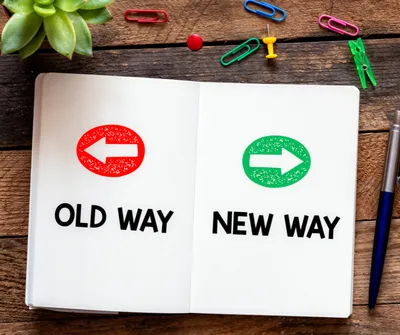Age is still the biggest barrier to career development
Most workplaces still have a traditional work environment in which company management favors employees with more seniority in high management positions, meaning that older employees are at the top management team while younger employees start at the very bottom of the career ladder. International research shows that age discrimination is linked to negative attitudes and stereotypical assumptions. For example, younger employees may be perceived as lazy, less reliable, less conscientious and organized, and less motivated due to their age. In practice, younger employees also tend to receive lower pay and benefits than more experienced ones and are more at risk of being laid off during a company downturn. But there is also an age bias in the working environment called "ageism", whereby it is difficult for employees over 50 years of age to find a job.




